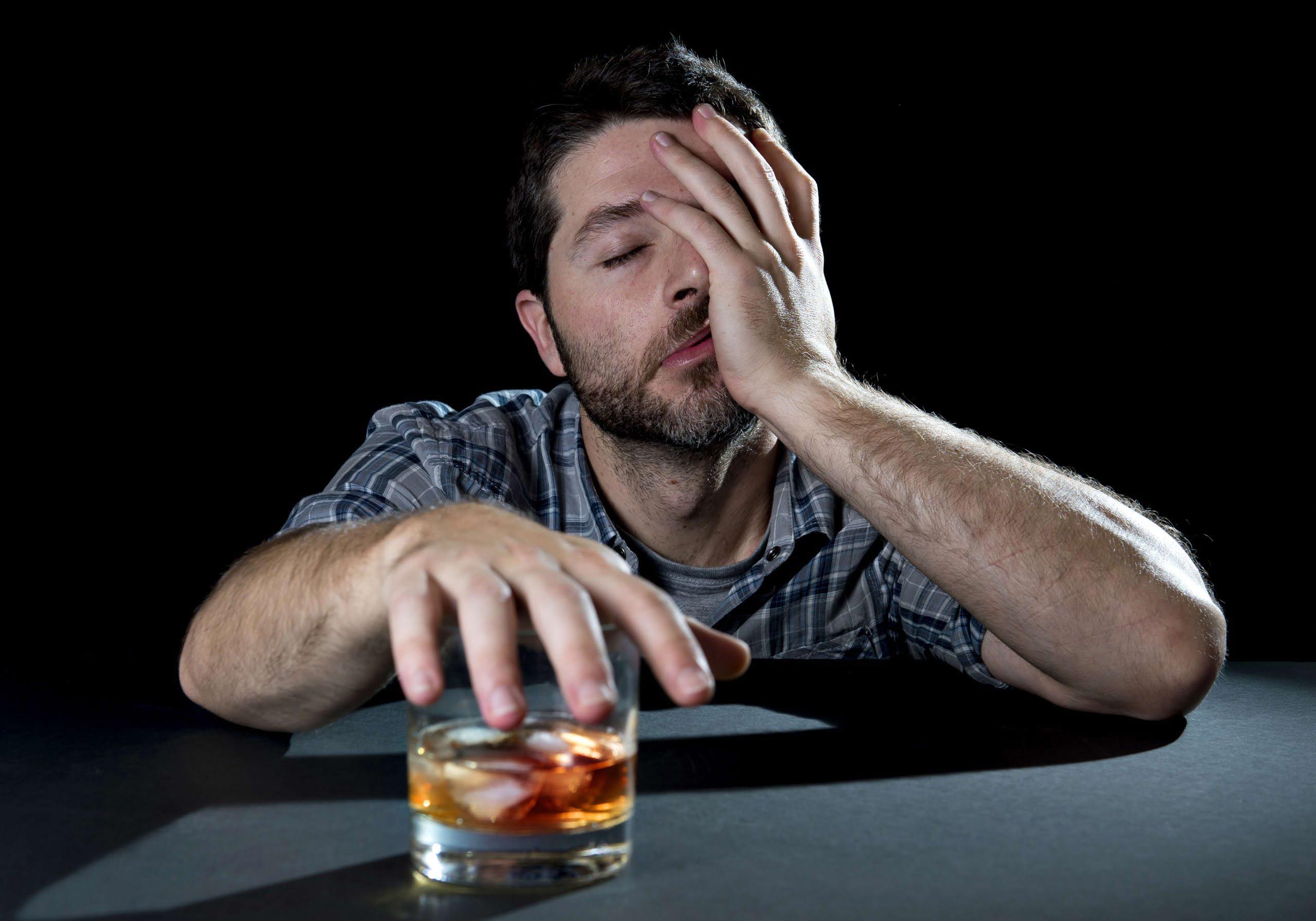So it’s possible that the New Hampshire scientists could have hit upon the right pathogen, although their results need to be confirmed by more research, he said. It’s very unlikely that the cause will turn out to be viral, said Colin Parrish, a professor of virology at the College of Veterinary Medicine at Cornell University. http://ustogazawest.org/BestDocumentary/rotten-tomatoes-best-documentaries “With the sequencing methods people use to look for unknown viruses, its signature would have been clear in a few days,” he added. The Oregon Agriculture Department has received more than 200 case reports from veterinarians around the state since the beginning of August, spokesperson Andrea Cantu-Schomus said in an email.

Of course, Gen Z missed out on a series of rites of passage into adulthood during the pandemic, and it’s still not clear how the two-year shutdown will change young people’s approach to socialising in future. Overall though, Pennay doesn’t forecast a big post-pandemic swing back to boozing – if it’s normal now not to drink at age 17, it’s will be even more normal at 18, 19 and so forth. Yet while getting ahead professionally is front of mind for young people, simply getting by is hard enough. Almost half (46%) say they live paycheck to paycheck, and worry about covering their expenses, so to make ends meet, 43% have taken on either a part- or full-time job in addition to their primary job – 10% higher than millennials. Moderate alcohol use for healthy adults means up to one drink a day for women of all ages and men older than age 65, and up to two drinks a day for men age 65 and younger.
Is it OK to work out the day after drinking?
At North Jersey Recovery Center, we strive to make your addiction treatment experience as comfortable as possible. When it comes to https://beautydailytips.com/how-to-come-up-with-a-tattoo-idea/, it’s important to be wary of these red flags. If these symptoms begin to develop, it may be a sign that professional help is needed. If you or a family member is dealing with alcohol addiction and are ready to take the next step towards recovery, Coastal Detox is here to help.
- My first media job kept a few bottles of vodka, whiskey, and tequila on a bookshelf and sponsored an annual booze-soaked weekend at a resort with the Texas side of the operation.
- We provide safe and highly effective medically supervised detox for all substances of abuse.
- Children born to alcoholic women (or any woman who drinks during pregnancy) face another potential severe problem in the form of fetal alcohol spectrum disorders (FASDs).
- In case of violation of such rules, the appropriate actions may be taken by the company.
Suzie Wylie, a former professional Muay Thai fighter and Registered Nutritionist at the London Clinic of Nutrition, focuses on the importance of keeping yourself hydrated if you do decide to drink alcohol after exercise. However, having a drink after a workout once in a while isn’t really going to have long-term effects. If the end of your workout overlaps with the beginning of a social function, completing your workout is most likely better than not doing it at all. If you have specific goals — for example, to build muscle — and you’re looking for effective and efficient ways to achieve this goal, it’s probably best to abstain from drinking right after a workout.
How to Stop Binge Drinking
Just because binge drinking is normalized in many settings does not mean that it is healthy or even safe. You can take steps to prevent binge drinking, like avoiding situations in which it is likely to occur, saying “no” when offered a drink, or making a commitment to yourself not to drink. Binge drinking has been described by both number of drinks and blood alcohol content (BAC). Perhaps surprisingly, over one-third (38%) of Americans believe after work drinks are a good way to bond and strengthen a team.
- All research on the Coastal Detox website, including images, texts and graphics, is strictly for informational purposes.
- As stated before alcohol consumption can have effects on your body short- and long-term, especially when consumed regularly and frequently.
- When it’s apparent that you work under the influence, your job could be on the line.
- Other social events—such as weddings, parties, reunions, conferences, networking, and more—can all involve alcohol and cultures that support binge drinking.
- Pinning the downturn to one particular driver, however, is impossible.
However, Jennifer Mora, an attorney with Seyfarth in San Francisco, said employers might consider directly asking if the employee has been drinking. “It’s best to have a witness present and to document the conversation and the [indications] of impairment that resulted in the employee being questioned, http://jopamusic.crimea.ua/deniz-farro-demi-lovato-sober-%d1%85-%d1%84%d0%b0%d0%ba%d1%82%d0%be%d1%80-10-%d0%bf%d0%b5%d1%80%d0%b2%d1%8b%d0%b9-%d0%ba%d0%b0%d1%81%d1%82%d0%b8%d0%bd%d0%b3 but try not to be accusatory or confrontational,” she said. “While drinking on the job or coming in to work under the influence of alcohol is never acceptable, it is more of a problem in some jobs—for example, truck driver, pilot, school bus driver [and] forklift operator,” Reidy said.